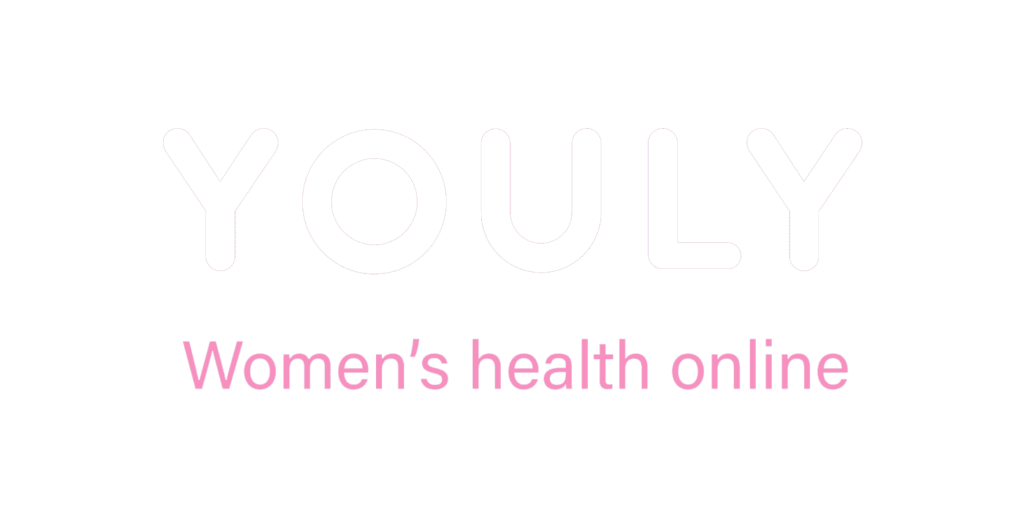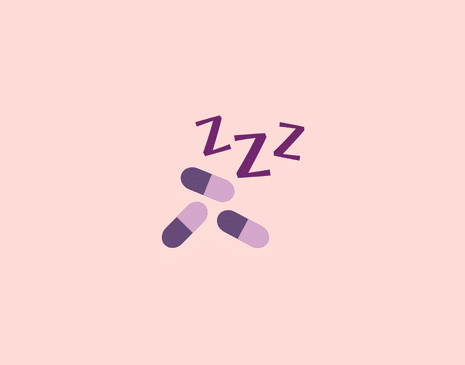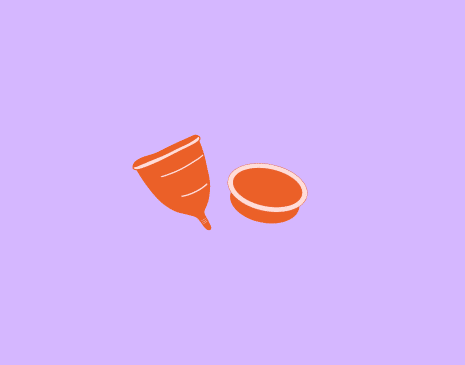When it comes to contraception and emergency contraception, there are often questions and concerns surrounding their effectiveness, especially when it comes to timing. One common question that arises is, “Will the morning-after pill work if I have already ovulated?” It turns out that the effectiveness of the morning-after pill may be reduced if you have already ovulated. However, it can still offer some protection by preventing fertilisation or implantation of a fertilised egg.
This article provides the essential information to address this vital question, shedding light on the efficacy of the morning-after pill, even in situations where ovulation has already occurred. Understanding the science behind emergency contraception is essential for making informed decisions about reproductive health.
Understanding Ovulation and Emergency Contraception
When it comes to emergency contraception, understanding your menstrual cycle and the timing of ovulation is essential. Ovulation is the process by which your ovaries release a mature egg, which can then be fertilised by sperm. Emergency contraception, often referred to as the morning-after pill, is a valuable option when you’ve had unprotected sex and are concerned about the possibility of pregnancy. But will the morning-after pill work if you have already ovulated?
Ovulation typically occurs around the middle of your menstrual cycle, which is around 14 days before the start of your next period. This is when you are most fertile and have the highest chances of becoming pregnant if you have unprotected sex. If you’ve had unprotected intercourse before or after this time and are worried about an unintended pregnancy, emergency contraception can be a vital resource.
The morning-after pill contains either levonorgestrel or ulipristal acetate, two hormonal options that can help prevent pregnancy. It primarily works by delaying or inhibiting the release of an egg from the ovary, which is essential for fertilisation. If you’ve already ovulated and an egg has been released, emergency contraception may be less effective but can still provide some level of protection.
It’s important to remember that emergency contraception should be taken as soon as possible after unprotected sex to maximise its effectiveness. The longer you wait, the less effective it becomes. Additionally, while emergency contraception can help prevent pregnancy, it is not intended as a regular method of contraception. If you find yourself needing it frequently, it’s a good idea to explore other forms of birth control, such as hormonal birth control, the copper intrauterine device (what is IUD?) or barrier methods like condoms.
If you’re unsure about whether you’ve already ovulated or have concerns about the timing of emergency contraception, consult a healthcare professional. They can provide guidance tailored to your situation and help you make informed choices regarding your reproductive health. Remember that emergency contraception is not a substitute for regular contraceptive methods and should be used only in emergencies or when other forms of birth control fail.
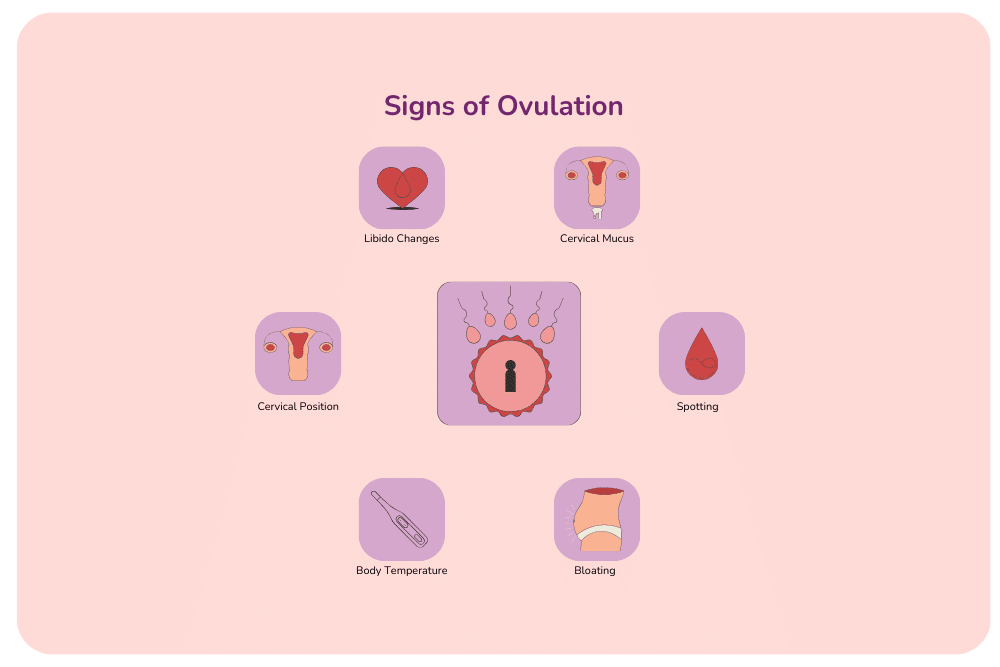
How Does the Morning-After Pill Work?
The morning-after pill is a type of contraceptive pill that can be used to prevent pregnancy after unprotected sex or when other forms of birth control fail (e.g. the condom broke). How does the morning after pill work? Primarily by delaying or preventing ovulation, the release of an egg from the ovaries.
If you’ve already ovulated at the time of unprotected sex, the morning-after pill may be less effective, as it primarily targets the prevention of fertilisation by delaying ovulation. However, it can still be used as a backup method, as it may also affect other factors in the reproductive process.
There are two main types of emergency contraception pills available:
Levonorgestrel Emergency Contraception
This type of morning-after pill contains levonorgestrel, a synthetic hormone similar to the hormone progesterone. It is available over-the-counter without a prescription. Levonorgestrel primarily works by delaying or inhibiting ovulation. It is most effective when taken as soon as possible after unprotected sex but can still provide some protection if taken within 72 hours.
Ulipristal Acetate
Another option for emergency contraception is ulipristal acetate, which is available by prescription only. It is effective up to 120 hours, or after 5 days of unprotected sex. Ulipristal acetate works by delaying ovulation and may also affect the lining of the uterus, making it less receptive to a fertilised egg.
In addition to delaying ovulation, the morning-after pill can also interfere with other steps in the reproductive process, such as making it more difficult for sperm to reach the egg and altering the uterine lining to prevent the implantation of a fertilised egg.
Keep in mind that the morning-after pill is not an abortion pill and will not terminate an existing pregnancy. It is designed to prevent pregnancy from occurring in the first place.
If you are unsure whether the morning-after pill will be effective for your situation, consult with a healthcare professional as soon as possible. Regular contraceptive methods, like hormonal birth control or barrier methods (such as condoms), are more reliable for preventing pregnancy than emergency contraception and should be used consistently to avoid the need for emergency contraception in the first place.
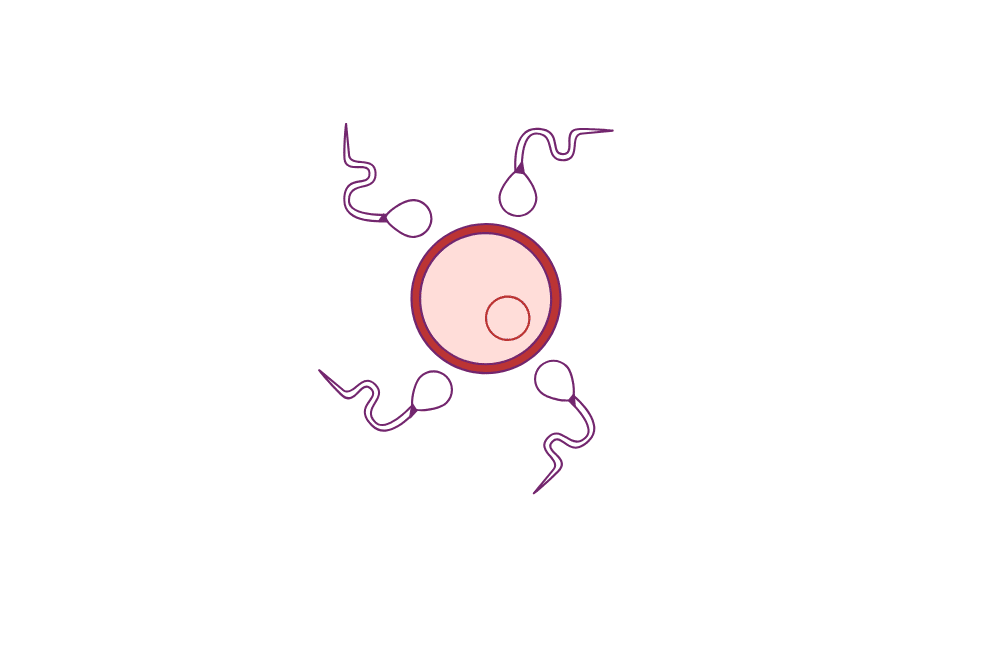
Effectiveness of the Morning-After Pill Before Ovulation
The effectiveness of the morning-after pill depends on when it is taken in relation to ovulation. The morning-after pill is most effective at preventing pregnancy when taken before ovulation occurs. Here’s a breakdown of its effectiveness based on the timing of its use:
Before Ovulation
If you take the morning-after pill before ovulation, it can be highly effective at preventing pregnancy. Ovulation is the release of a mature egg from the ovaries, and the pill works by primarily delaying or inhibiting this process. If you haven’t ovulated yet and you take the pill as soon as possible after unprotected sex, it significantly reduces the chances of fertilisation. Find out how to know if you’ve ovulated.
During Ovulation
The effectiveness of the morning-after pill decreases if you take it during or after ovulation. If ovulation has already occurred, and the egg has been released and fertilised, the pill may be less effective because its main mechanism is to prevent or delay ovulation. However, it may still have some impact on other factors in the reproductive process, such as making it more difficult for sperm to reach the egg and altering the uterine lining, which can reduce the chances of pregnancy.
After Fertilisation
Emergency contraceptive pills are not designed to terminate an existing pregnancy. If fertilisation has already occurred, and a fertilised egg has implanted in the uterus, the pill will not be effective in ending that pregnancy. It works primarily to prevent fertilisation and implantation.
It’s essential to take emergency contraception as soon as possible after unprotected sex for the best chances of effectiveness. The effectiveness of different types of morning-after pills may vary, so it’s essential to follow the specific instructions provided with the product you use and consult a healthcare professional if you have any doubts or concerns.
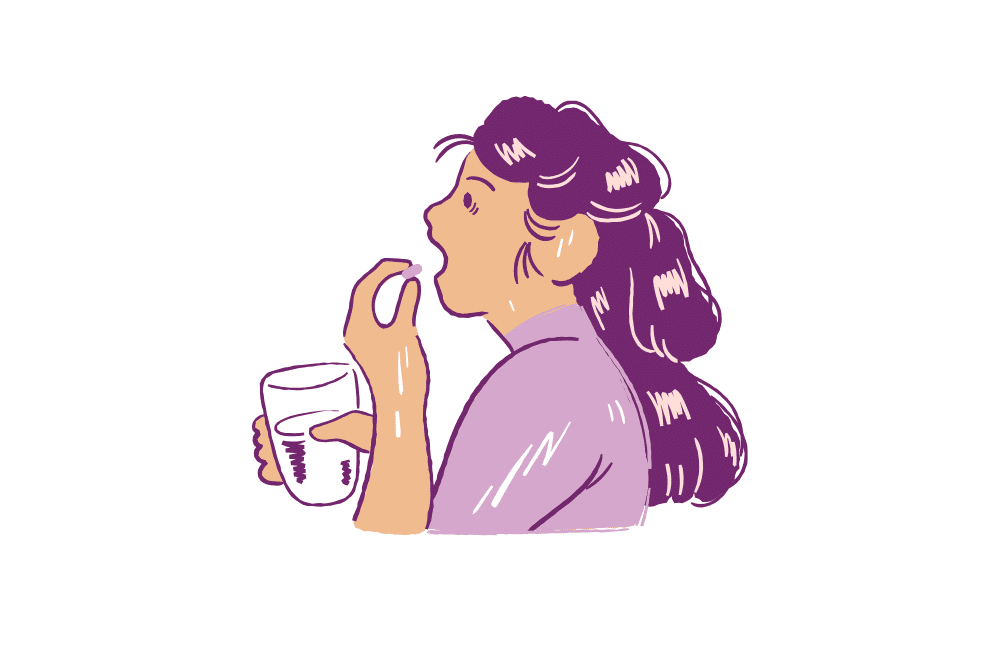
Is It Harder to Prevent Pregnancy After Ovulation?
Preventing pregnancy becomes more challenging after ovulation has occurred. Once an egg is released from the ovaries during ovulation, it can be fertilised by sperm for a limited period, usually about 12-24 hours. While the morning-after pill, or emergency contraception, is designed to primarily prevent or delay ovulation, its effectiveness decreases once this critical event has taken place. However, it’s important to note that sperm can survive in the female reproductive tract for up to several days, so there is still a small window of opportunity for fertilisation to occur even after ovulation.
When to Take the Morning-After Pill After Ovulation
The effectiveness of the morning-after pill decreases after ovulation has occurred. However, if you still wish to take it after ovulation, it’s recommended to do so as soon as possible. Here are some guidelines:
Within 72 Hours (Levonorgestrel)
If you’re using a morning-after pill that contains levonorgestrel, it is most effective when taken within 72 hours (3 days) after unprotected sex. While its primary mechanism is to delay or inhibit ovulation, it may also impact other reproductive processes, such as making it more challenging for sperm to reach the egg.
Within 120 Hours (Ulipristal Acetate)
If you have access to ulipristal acetate emergency contraception, it can be taken within 120 hours (5 days) after unprotected sex. This prescription-only option is effective for a longer duration compared to levonorgestrel-containing pills. It primarily delays ovulation and may also affect other reproductive factors.
Keep in mind that the effectiveness of emergency contraception decreases with time, so taking it as soon as possible after unprotected sex is essential, even if it’s after ovulation. Waiting too long may reduce its ability to prevent pregnancy.
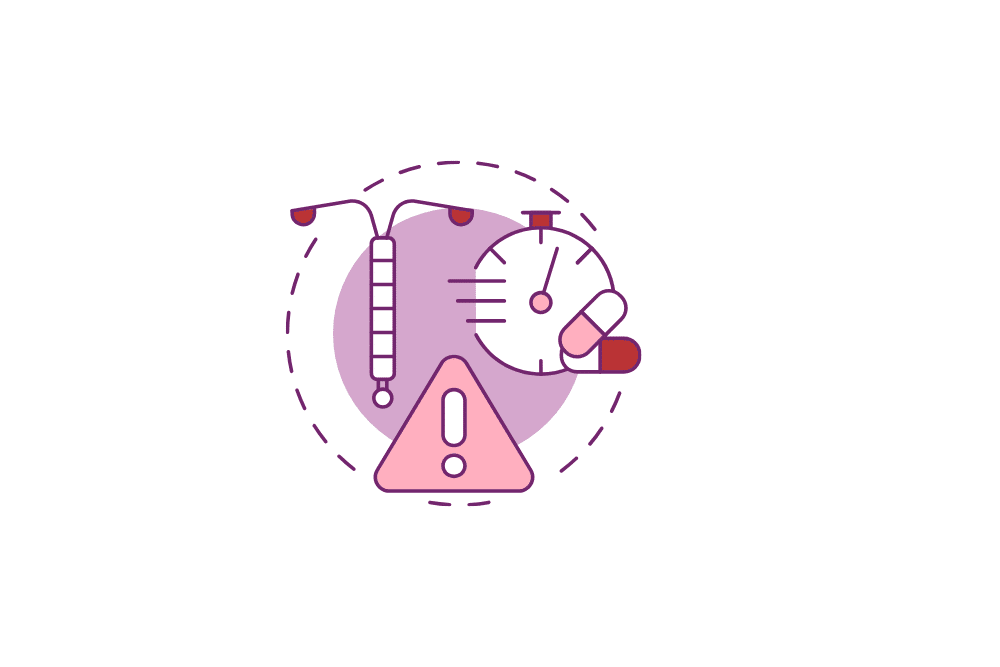
Possible Side Effects and Things to Consider
When considering the morning-after pill, it’s essential to be aware of possible side effects and important factors to consider:
Possible Side Effects
The morning-after pill is generally safe, but some women may experience side effects, which can include:
Nausea and vomiting
Abdominal pain or cramping
Fatigue
Headache
Breast tenderness
Changes in menstrual bleeding (e.g., earlier or later period, heavier or lighter period flow)
Dizziness
Effectiveness
The effectiveness of the morning-after pill varies depending on when it’s taken in relation to ovulation. It is most effective when used as soon as possible after unprotected sex. Delaying its use reduces its ability to prevent pregnancy.
Prescription vs. Over-the-Counter
Some morning-after pills, like levonorgestrel-based options, are available over-the-counter or via online healthcare providers without a prescription. Others, like ulipristal acetate, require a prescription. Check your local regulations and access options.
Regular Contraception
Emergency contraception should not be a substitute for regular contraception. Consistent use of birth control methods like hormonal contraceptives or barrier methods is more effective at preventing pregnancy.
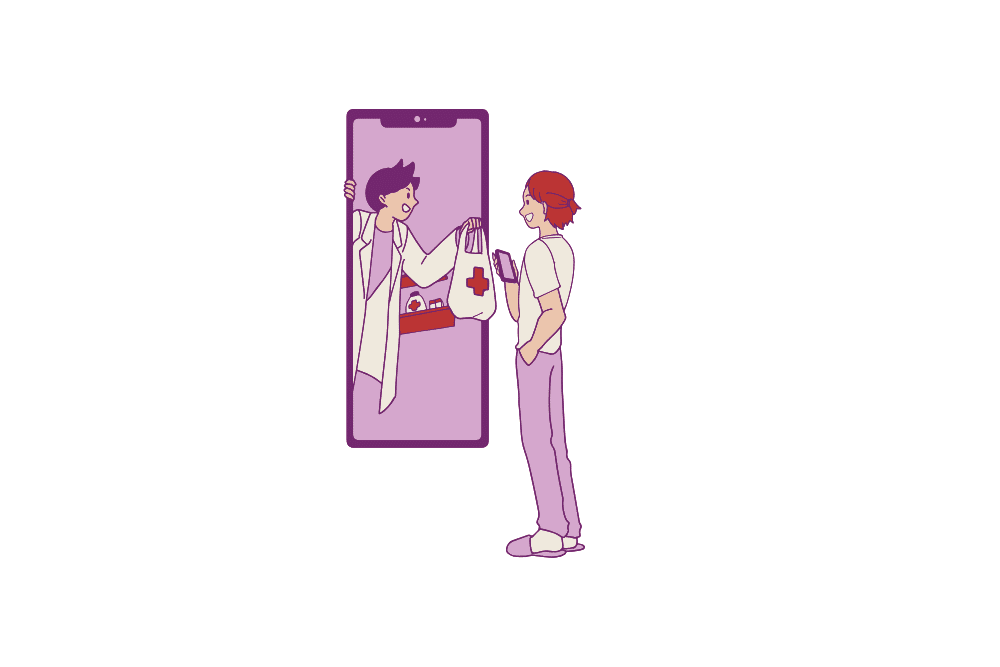
STI Risk
Emergency contraception does not protect against sexually transmitted infections (STIs). If there’s a risk of STIs, consider getting tested and using barrier methods like condoms.
Menstrual Cycle Changes
The morning-after pill can affect your menstrual cycle. It may lead to changes in your next period’s timing and flow. If your period is more than a week late, take a pregnancy test.
Medical Conditions and Medications
Discuss with a healthcare professional if you have underlying medical conditions or take medications that may interact with emergency contraception.
Breastfeeding
Emergency contraception pills are generally considered safe for breastfeeding mothers, but it’s advisable to consult with a healthcare provider for personalised guidance.
Cost and Accessibility
Check the cost and accessibility of emergency contraception options in your area. Some insurance plans may cover it, and it may be available at clinics, pharmacies, or through online services.
Future Contraceptive Plans
After using the emergency contraception pill, consider discussing long-term contraceptive options with a healthcare professional to prevent the need for emergency contraception in the future.
Remember that the emergency contraceptive pill is meant for occasional use as a backup and should not replace regular contraception. If you have any concerns or questions, consult a healthcare provider or pharmacist for guidance tailored to your situation.
